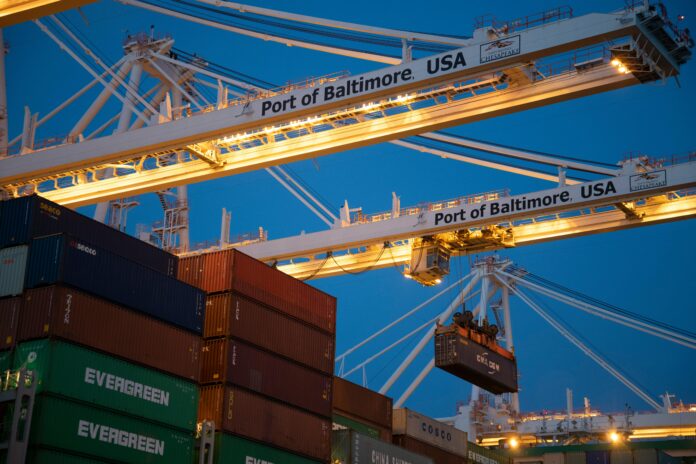
Today, the process of shipping is way more complicated than moving items from one place to another. Seeking the best possible routes and transport means, it’s important to understand and count delivery costs accurately. While manual practices are used widely, they are quite time-consuming and often inaccurate. That’s the point where a freight calculator becomes your handy tool!
Moreover, with the marketing landscape becoming more complex, the freight calculator becomes more than an accurate cost estimator – it’s an opportunity to plan a budget, predict risks, and measure the environmental impact before moving a single box.
Below, we’ll explain why the freight shipping calculator matters, how to choose the right one for your business, and how new technologies like AI can turn this simple tool into your digital business partner.
Why Freight Calculators Matter in Modern Logistics
Calculating shipping cost is no longer a struggle with a digital solution – yet, this is not the only perk of using the calculator:
Accurate Cost Estimation
Unlike manual calculations that may take time and are often mistaken, digital freight calculators help businesses avoid surprises. Entering shipment details, companies get estimates that can show a fuller picture of the delivery process.
Effective Decision Making
With an opportunity to calculate variable shipping options, carriers can choose cost-effective and efficient routes, improving customer satisfaction and cutting unnecessary spends.
Preventing Errors
Manually calculating freight costs is not only time-consuming, it’s often not accurate due to a human factor. Automated tools streamline the process, giving teams time and opportunity to focus on strategy and service.
Supporting Customer Experience
More predictable shipping timelines are an important advantage that many customers are looking for. Thus, freight calculators improve customer experience.
Crucial Features in a Freight Calculator
The growing variety of calculating software solutions makes the choice uneasy. Besides attractive designs and numerous add-ons, there are core features that determine an effectively working calculator:
- Distance calculation
As shipment cost greatly depends on mileage, the reliable calculators can accurately estimate the delivery distance after entering an address or zip code. - Dimensional weight calculations
The size and weight of the transported cargo are other important features that influence shipment costs greatly. Modern calculators estimate the delivery cost, counting the dimensional weight of the items, which is especially important for bulky goods. - Delivery time prediction
A calculator can also be used to estimate the exact time of delivery. That’s a useful option for smart planning and optimization. - Fuel surcharges
Prices for fossil fuels often change, which can affect delivery costs significantly. Advanced calculators can monitor changes in fuel price and adjust the delivery cost calculations accordingly. - Rate comparison
An opportunity to estimate different carrier options helps businesses choose the best variant for their budget and needs.
Advanced Features for Better Control
Surprisingly, modern calculators offer even more great tools that give businesses extra opportunities to control costs and sustainability:
- Customs duty calculations: Counts taxes and fees for cross-border deliveries;
- Insurance quotes: Count possible risks to indicate whether it’s worth paying extra coverage.
- Carbon emission control: Shows the carbon impact of shipments to choose greener options.
Role of AI and ML
A few years ago, freight calculators were maximally simple: enter data, receive an estimation. Today, AI and ML are adding useful opportunities for the users of the tools:
- Predictive analytics identifies future costs based on previous experience and archived data.
- Dynamic routing recommends faster or cheaper transport modes based on traffic or weather.
- Real-time optimization keeps costs updated.
- Risk assessment highlights potential delays.
Conclusion
Today, when the market is evolving unpredictably fast, logistics teams have to operate in a very changeable landscape. That’s the point where tools like freight cost calculators are real game-changers. Helping to predict costs, delivery times, and potential risks, these tools allow businesses to plan smarter.




